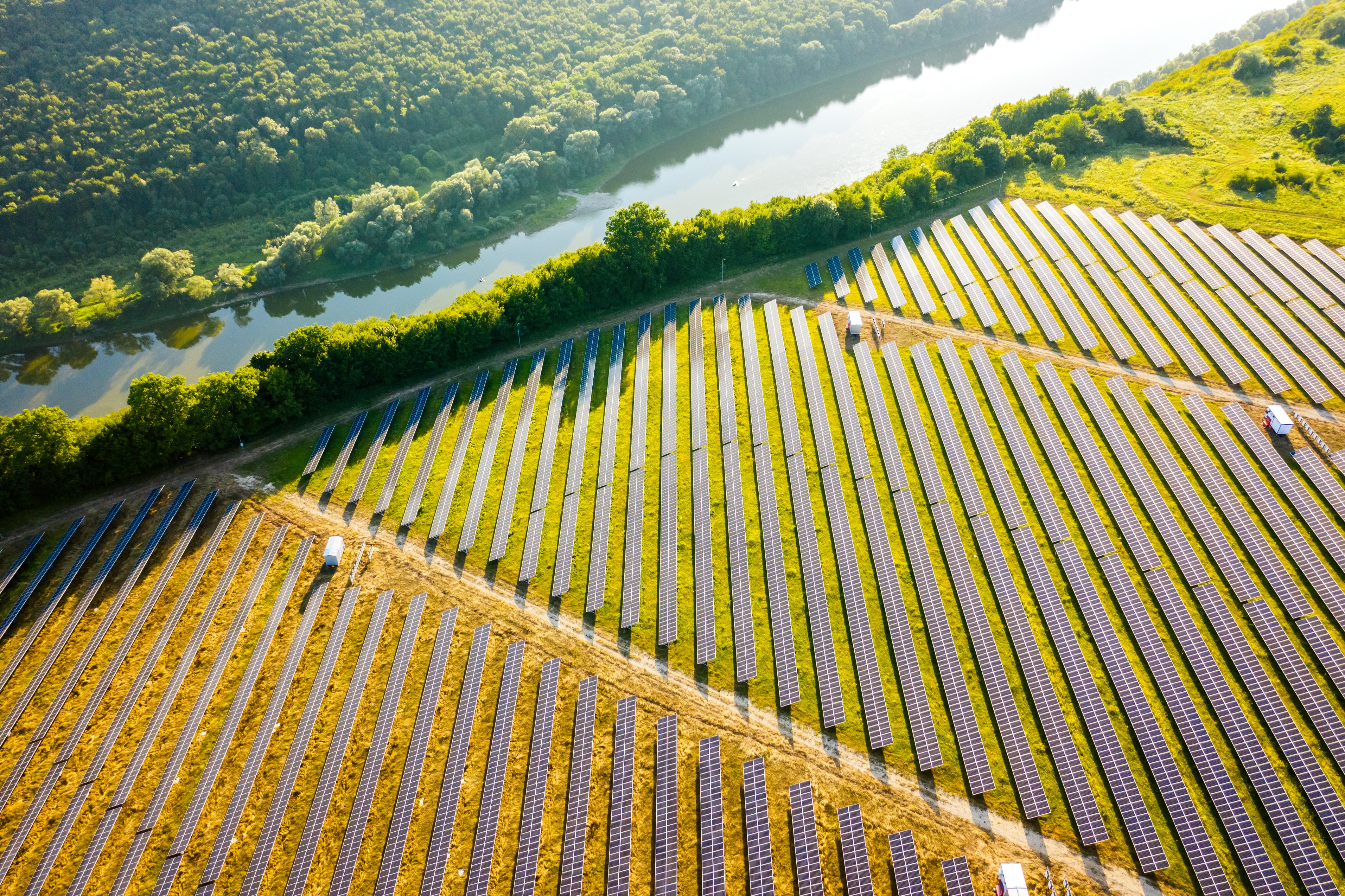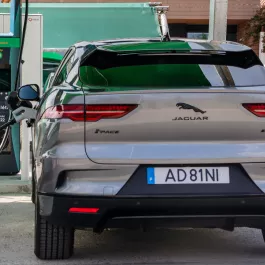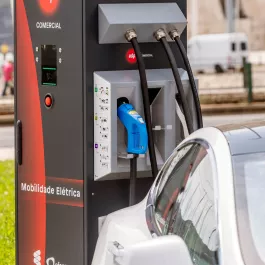
Farmers could produce one third of the energy they need from the sun

An EDP study covering over 2,100 agricultural companies shows that they could save up to 40% off electricity bills with solar energy solutions. EDP's new partnership with Portugal's Farmers Confederation aims to contribute to the energy transition process in this industry - which, despite being an important source of CO2 capture, accounts for 18% of the country's emissions.
EDP and Portugal's Farmers Confederation (CAP) have just signed a partnership that will play a crucial role in improving the energy efficiency of agricultural companies across the country. To assess the solar potential of the country's agricultural industry, EDP studied the energy consumption patterns, geographic distribution and specific conditions of each plot for the installation of solar panels. The study shows that many farmers have the conditions to produce up to one third of the energy they need from this renewable source.
The over 2,100 agricultural companies included in the study have the potential to produce about 114 GWh/year of clean electricity. This would only require 21 hectares spread across the country, from agricultural plots to building roofs and car parks.
This would be a significant step towards reducing the industry's dependence on the electricity grid, and could mean savings of up to 40% off electricity bills. Finding ways to control energy costs and boost renewable production is a pressing need for the agricultural industry, as it has doubled the amount of electricity required for its production cycle since the final years of the 20th century.
Supporting the growth of solar energy production in both homes and businesses is one of the mainstays of EDP Comercial's strategy and will play a decisive role in achieving the goals of the National Energy and Climate Plan (PNEC 2030), as experts expect the weight of photovoltaic solar energy in domestic production to grow from 3% to 27% by the end of the decade. It will also play a decisive role in achieving the carbon neutrality the country has committed to, as the agricultural industry still accounts for about 18% of CO2 emissions in Portugal, despite being one of the economic activities that most contribute to capturing emissions. According to the study conducted by EDP, the decision to produce solar energy could prevent the emission of over 28 tonnes of CO2/year in the agricultural industry.
With the goal of leading the energy transition process in Portugal, EDP is currently studying various sectors of economic activity to assess their solar potential. According to this first study, the average ROI period for this investment is only six years - and it could be even less, depending on a more in-depth study of each company.
Thanks to this new partnership with CAP, individual studies will now be conducted for each farmer, who can then opt to invest in their own farms or choose an investment-free model in which EDP provides the system's management and maintenance.


